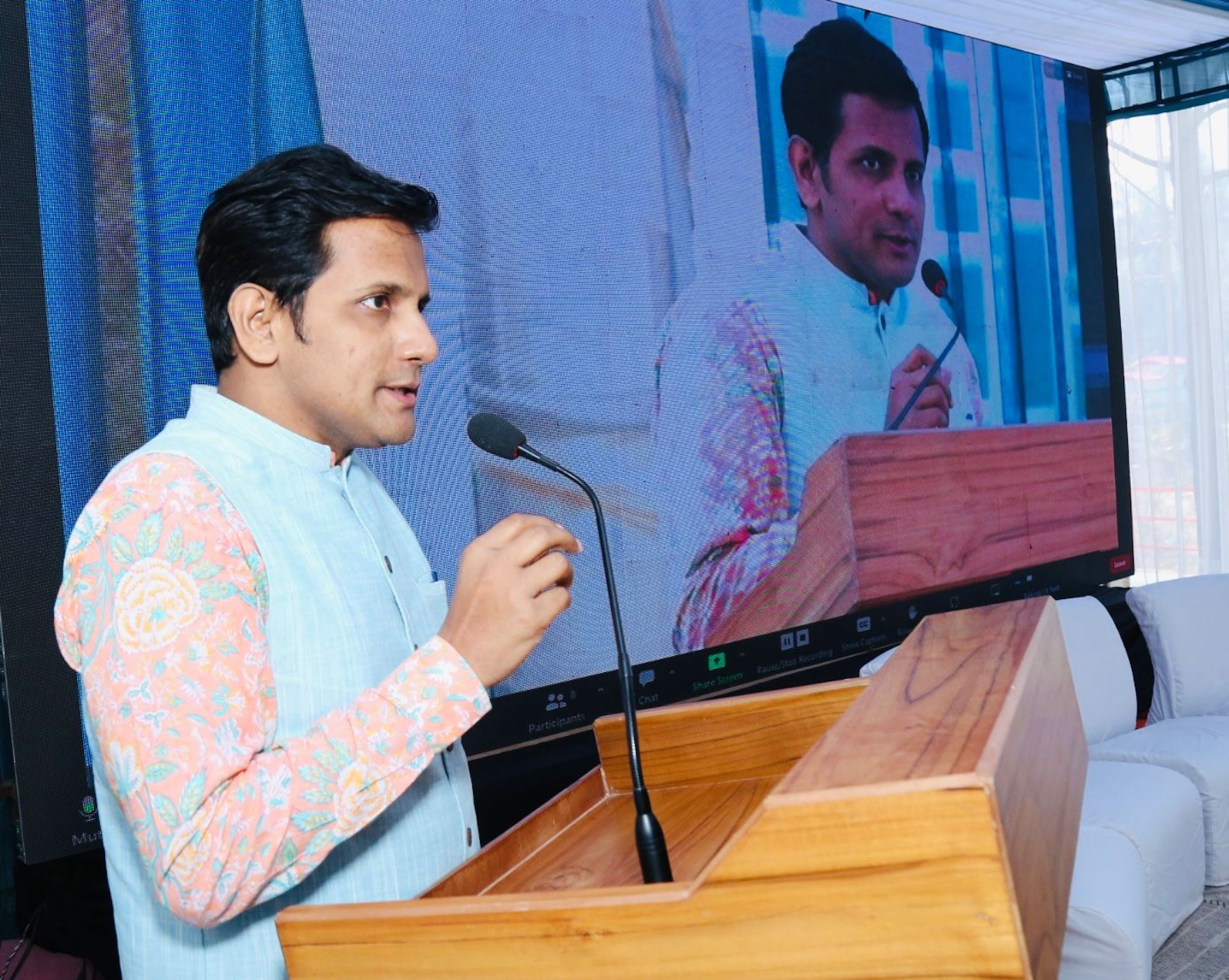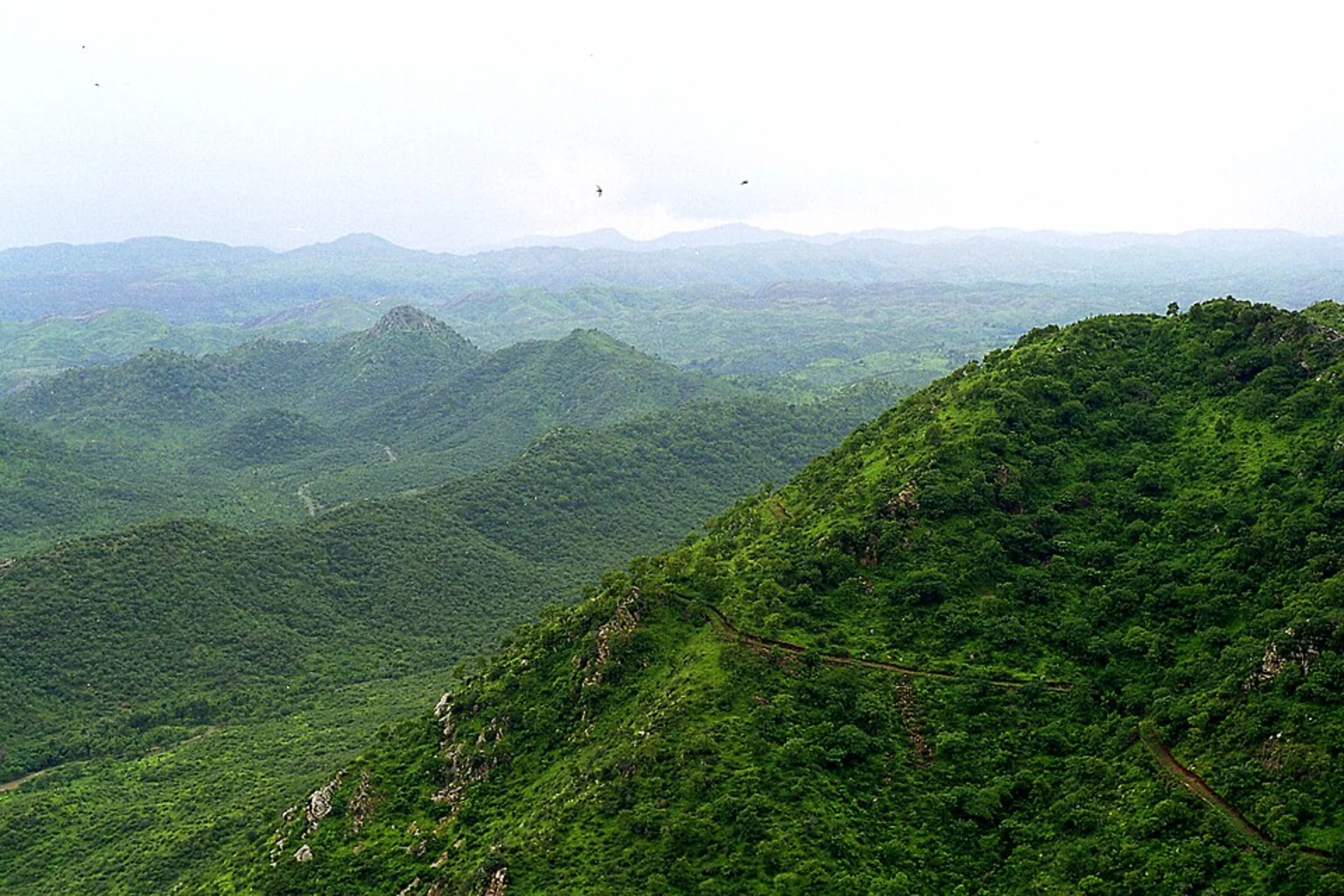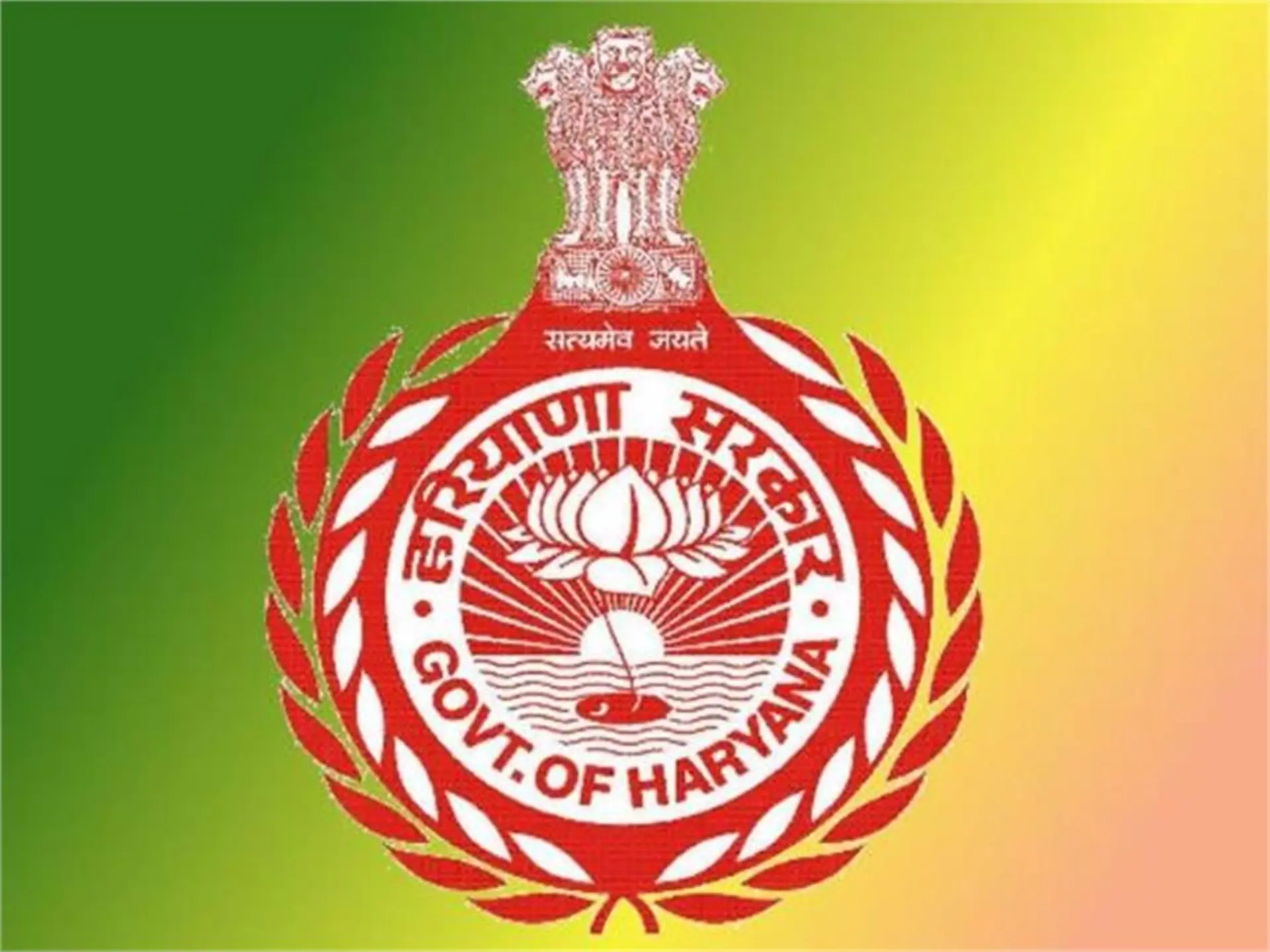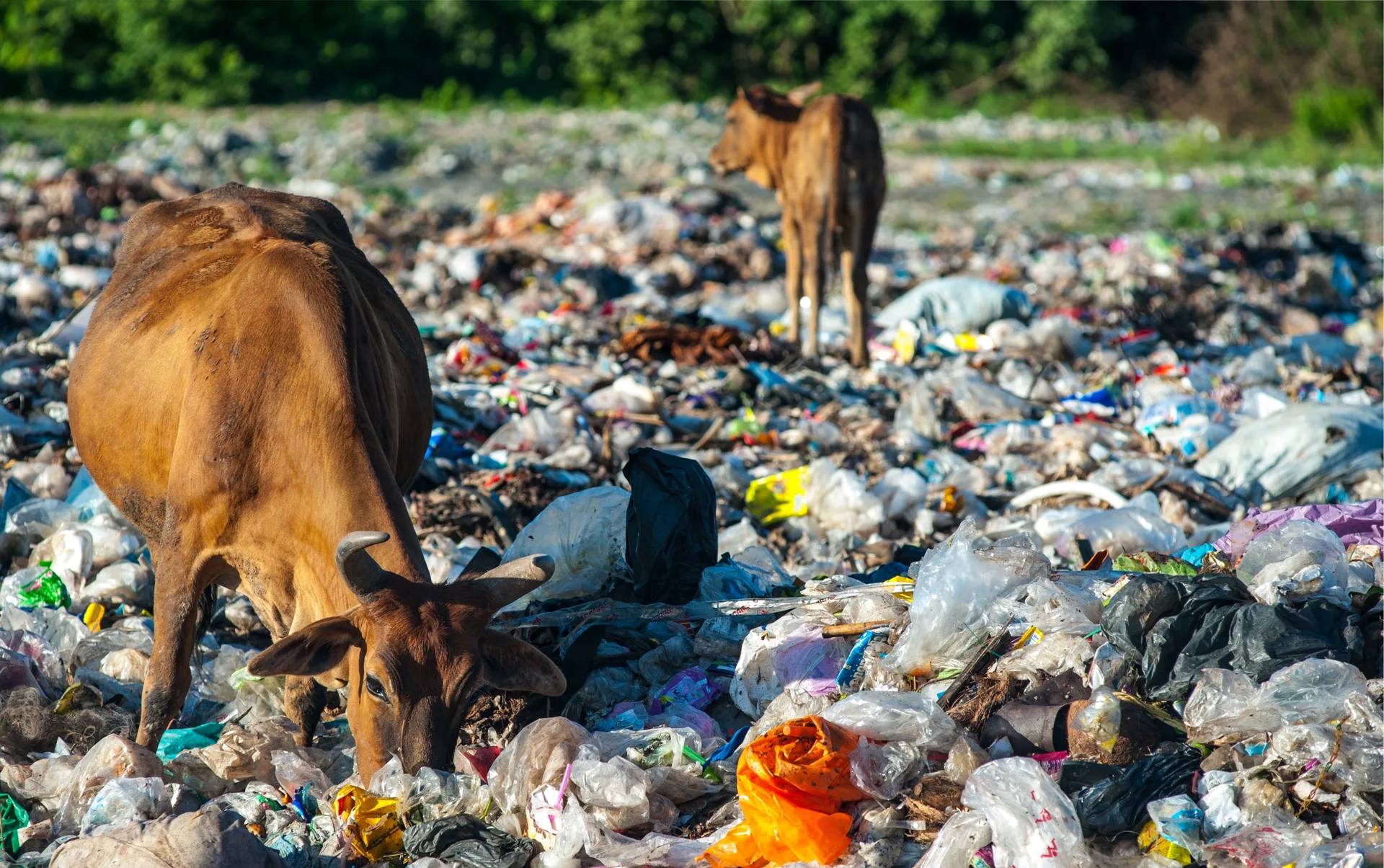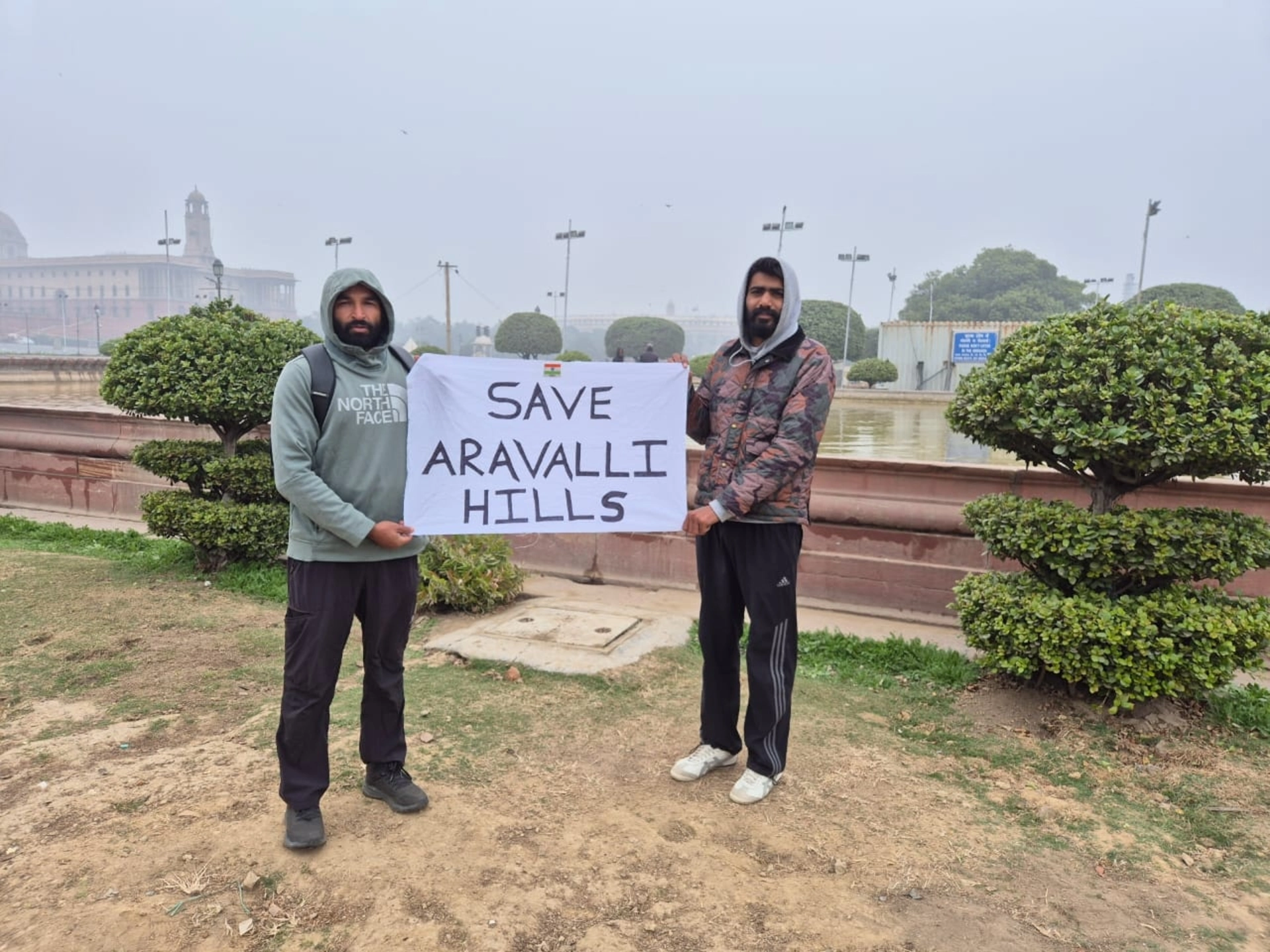
In what ways is Haryana aligning with the Viksit Bharat agenda, and what initiatives or policies signify this alignment?
Indeed, Haryana's role in India's journey towards Viksit Bharat cannot be ignored. With the ambitious target of achieving a $5 trillion economy under PM Modi's leadership within the next two years, the potential for scalability is immense. Looking forward, as we aim to further bolster our economy and sustain exponential growth, every state, including Tier II and III cities, will be pivotal. Haryana, with its strategic position and focus on becoming a manufacturing hub, is poised to significantly contribute to our nation's economic prosperity and the realisation of the Viksit Bharat vision.
As Modi 3.0 progresses, what shifts or continuities are emerging in the government's approach to governance, economic policy, and international relations?
Certainly, our focus remains steadfast on positioning Bharat as a global leader, fostering strong bilateral relationships with nations worldwide while prioritising India's interests above all. Over the past few years, India has successfully strengthened strategic ties with key players such as the entire European Union, Saudi Arabia, Japan, and the United States, among others. These alliances will continue to evolve and deepen, facilitating robust economic activity and enhancing India's stature on the global stage. As we propel towards becoming a manufacturing hub for high-value products like semiconductors, the government is diligently working on establishing semiconductor plants to bolster India's technological prowess. With India already emerging as a leading mobile manufacturer globally, we anticipate significant strides in technological innovation and product development, further solidifying India's position as a key player in the global market.
With India's growing economic and diplomatic influence, how is the nation positioned to assert itself on the global stage, and what are the implications for regional and global politics?
India's proactive approach to forging alliances reflects our commitment to global cooperation and sustainable development. Initiatives like the biofuel alliance and solar alliance underscore India's dedication to addressing pressing global challenges such as climate change. Additionally, the India-Middle East-European corridor offers an alternative and diversified supply chain, contributing to global resilience and stability. The formation of the Quad, comprising India, the US, Japan, and Australia, exemplifies India's pivotal role in shaping regional and global affairs. Moving forward, India remains steadfast in its commitment to forging strategic alliances for the betterment of the world, promoting peace, prosperity, and shared progress on the international stage.
What trends, issues, or controversies are shaping the ongoing Lok Sabha elections, and how might the outcomes impact India's political landscape and policy direction?
The Lok Sabha elections indeed represent a pivotal moment for India's trajectory towards a developed nation by 2047, encapsulated in the vision of Viksit Bharat. On one hand, there's a resolute commitment to inclusive growth and progress, while on the other, there are regressive forces seeking to disrupt our economic momentum and sow seeds of division. The electorate has discerned these competing narratives, and their choices reflect a clear mandate for a path of prosperity and unity. As we have concluded the fourth phase of elections, the overwhelming support received signals a profound endorsement of our vision for a thriving India. This election stands as a testament to the people's faith in our agenda and the transformative changes underway, making it one of the most decisive elections in recent memory.
What are the key changes to expect in Modi 3.0?
The BJP manifesto outlines a transformative vision for India, aimed at fostering greater unity and efficiency in governance. The move towards a uniform civil code and one nation, one election reflects our commitment to streamlining administrative processes and advancing national integration. These initiatives, slated for implementation in Modi 3.0, will enable government officials to channel their efforts towards effective governance, maximising productivity, and minimising bureaucratic hurdles. Furthermore, economic reforms are on the horizon to bolster India's stature as a research and economic hub, along with strengthening its position as a manufacturing powerhouse. As we embark on this journey, India's leadership role on the global stage will only amplify. Renowned for its diplomatic acumen and commitment to peacekeeping, India's influence as a mediator in international conflicts has been widely recognized. In Modi 3.0, we envision India assuming an even more significant leadership role, particularly within the Global South, as we work towards a more prosperous and harmonious world.
related

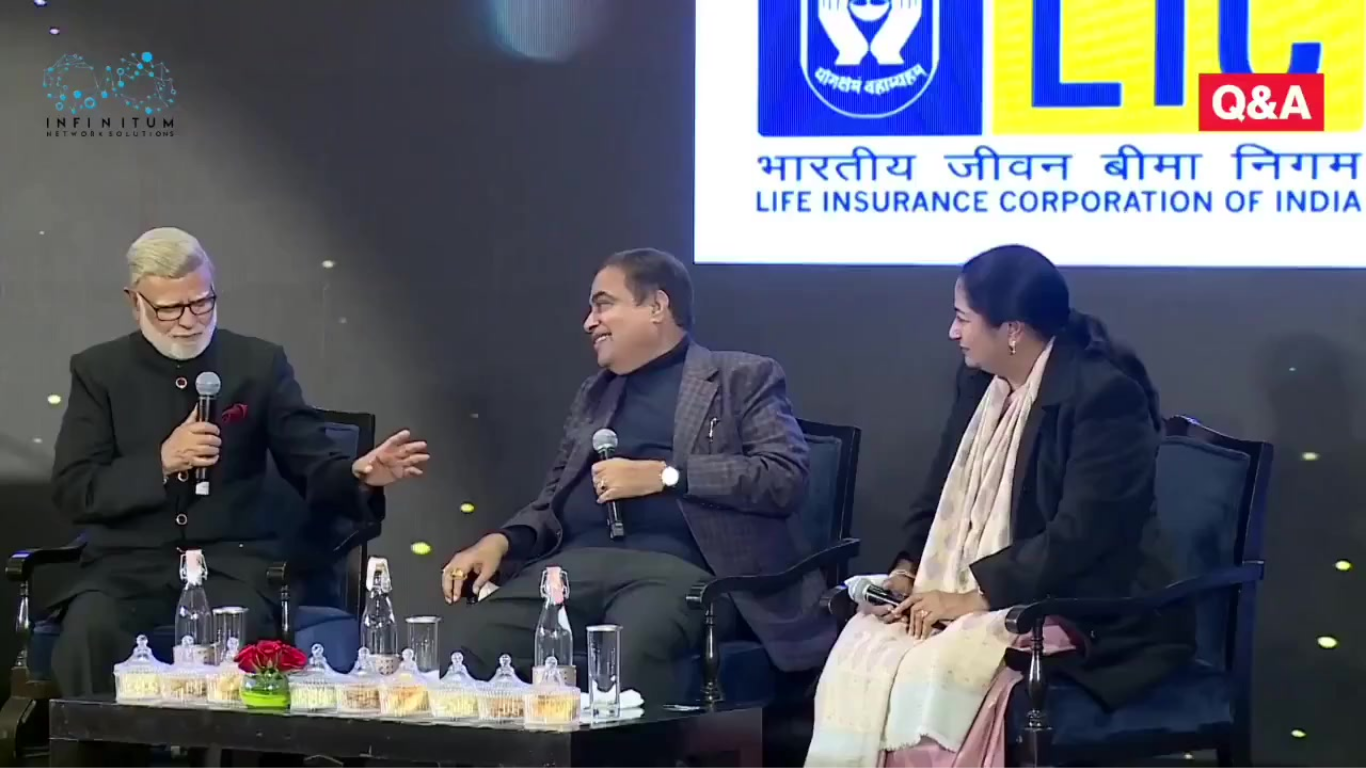
₹60,000 Crore Spent, But Gurugram Still Choked: Gadkari Deflects Infrastructure Question With Auto Industry Pitch

Laying the Strongest Foundation Education Reform Language Empowerment and India’s Path to AI Sovereignty




